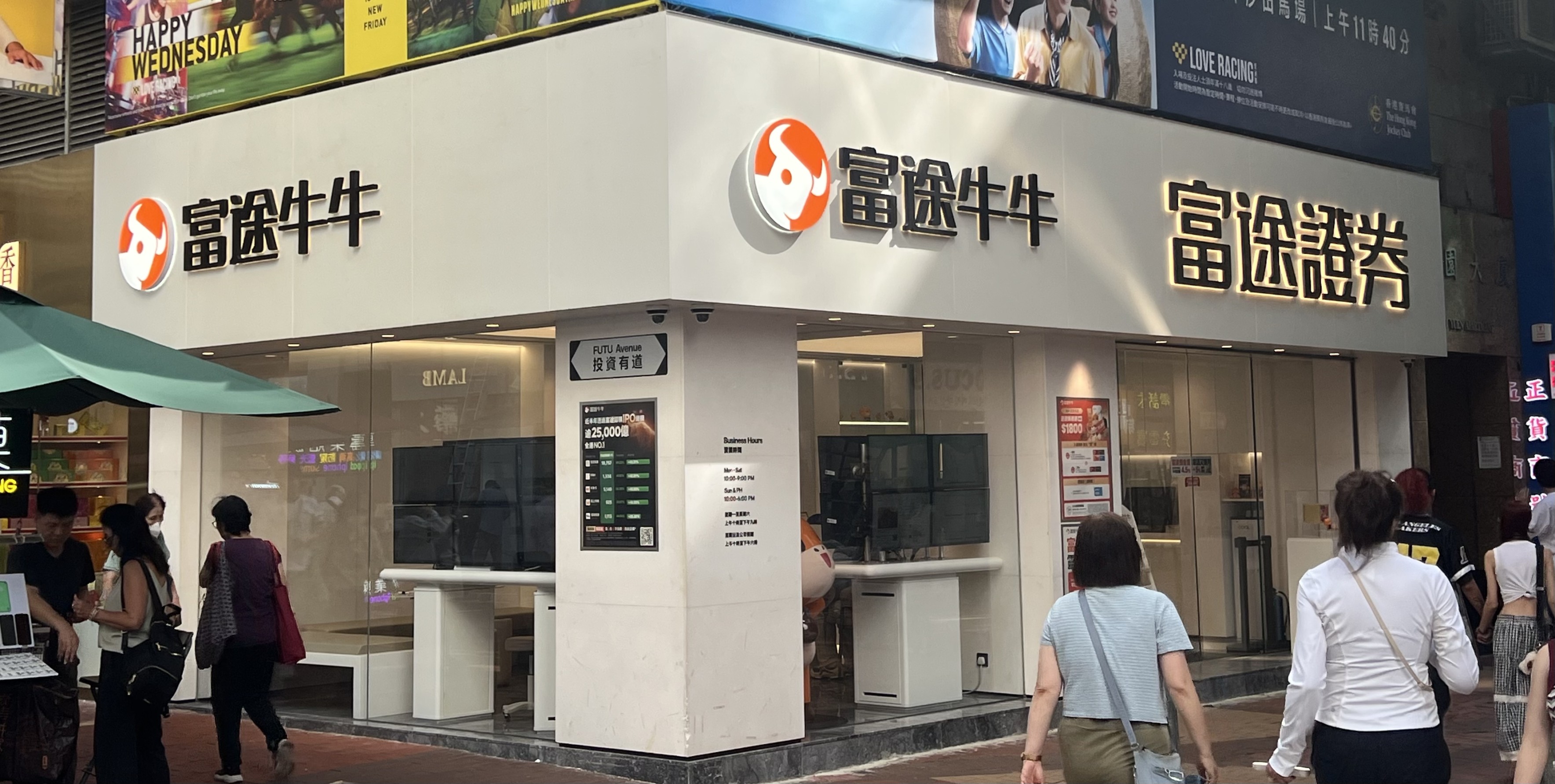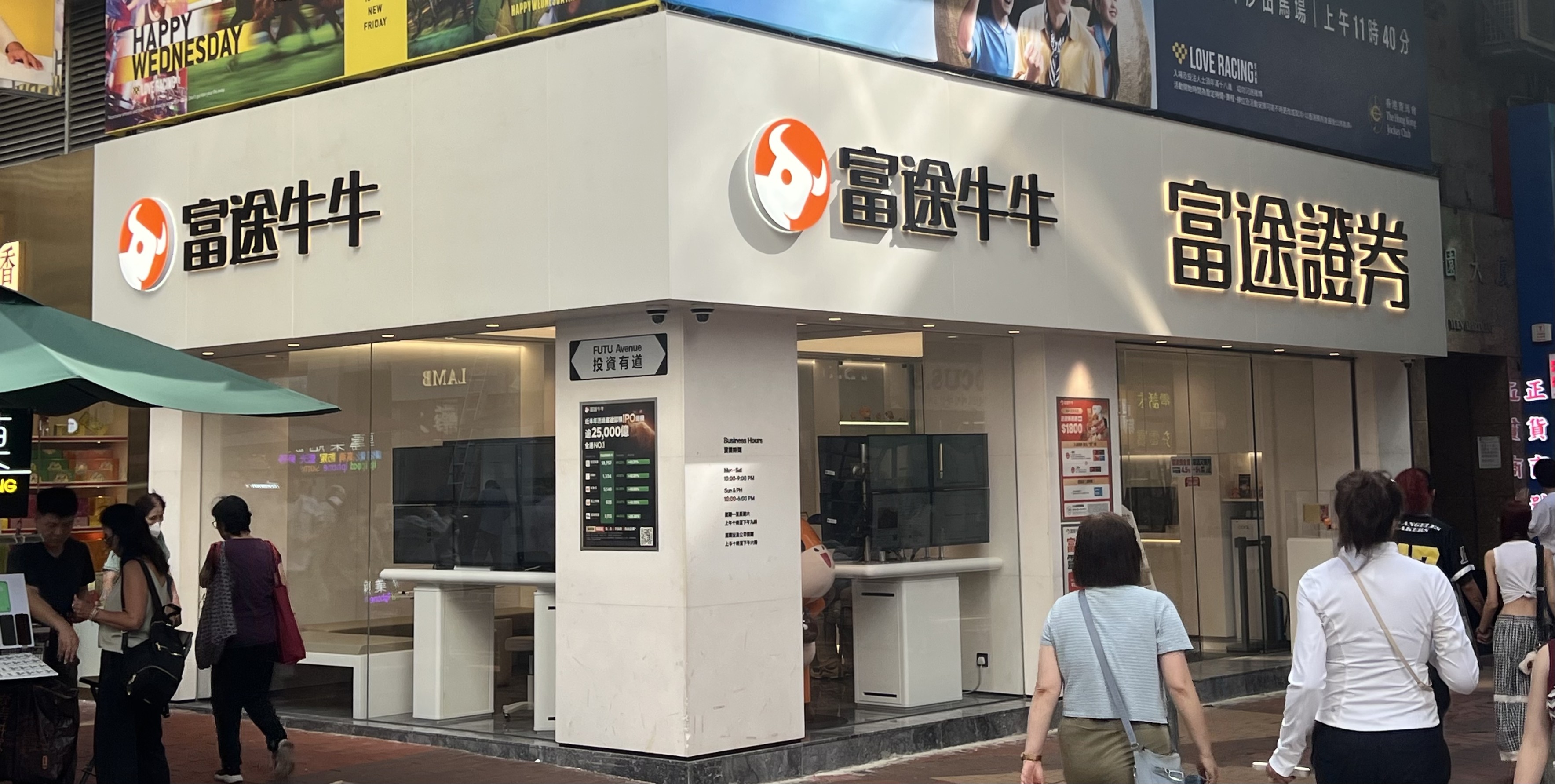Written by: Zhou Zhou, Foresight News

In 2025, the sense of division in Hong Kong's cryptocurrency circle has become increasingly apparent.
"Every day, traditional financial institutions come to us to discuss crypto business. We are also trying to promote new business on platforms like YouTube and X, collaborating with influential KOLs and bloggers," said a broker who spoke with enthusiasm and anticipation about expanding crypto business.
On the other hand, an employee of a blockchain company who recently joined but chose to leave expressed a gloomy sentiment: "I left; I couldn't stand the state-owned enterprise style."
In the same Hong Kong, within the same cryptocurrency ecosystem, some feel the excitement and opportunities brought by the industry's economic upturn; others feel the fatigue and disappointment caused by institutional and cultural friction. This dramatic division unfolds every day.
On one hand, almost all mainstream brokers in Hong Kong have already ventured into cryptocurrency business. The latest statistics show that over 40 brokers, more than 35 fund companies, and over 10 large banks and accounting firms in Hong Kong are involved in virtual asset business. For instance, Futu Holdings, Hong Kong's largest tech brokerage, began offering trading services for virtual assets like Bitcoin and Ethereum as early as last August, and by the end of last year, its average daily trading volume had exceeded $35 million.
From brokers, funds, banks, auditing to insurance, mainstream financial institutions in Hong Kong are systematically and comprehensively integrating cryptocurrency into Hong Kong's financial system. This has made some financial professionals crossing over into the cryptocurrency industry feel a long-lost atmosphere of innovation and a sense of "the beauty of industry economic upturn."
However, on the other hand, some Crypto Natives who have joined compliant companies are experiencing a profound disillusionment—the decentralized utopia they once firmly believed in is constantly colliding with the realities of regulation, compliance, and financial logic. They want to maintain the "style" and "tone" of Crypto Natives while also wanting a piece of the pie in the compliant industry, which has become a difficult contradiction for them to resolve.
Integration
The cryptocurrency industry in Hong Kong is gradually giving birth to a new species through the continuous tearing and integration of three main cultures.
The first culture is Crypto Native.
For example, early compliant cryptocurrency exchanges in Hong Kong like HashKey and OSL have attracted many Crypto Native professionals who jumped ship from companies like Huobi, Bybit, and Binance, which has kept the cultural background of these companies relatively "native," maintaining an open, flexible, and market-first atmosphere.
Similar to Digital Natives, Crypto Natives are well-versed in the on-chain world, inherently sensitive to and creative about crypto culture, and believe in decentralization and technology without borders. However, it seems that Crypto Native professionals are being diluted, with more internet finance and traditional finance professionals entering the industry and quickly dominating under the compliance framework.
The second culture is internet finance culture.
Futu, Ant Group, Ant Financial, and JD.com are typical representatives. They bring mature online operations and user growth experience and are actively entering Hong Kong's cryptocurrency market. Some have already integrated well into Hong Kong's mainstream financial culture. For instance, Futu, as Hong Kong's largest internet brokerage, not only firmly occupies the online market but has also opened six offline physical stores in the most prosperous areas of Hong Kong, showcasing a strong combination of internet finance genes and localization.

During a visit to Futu's offline stores in Hong Kong, an enthusiastic employee helped the author open a U.S. stock account and mentioned that she receives over a hundred customers weekly seeking information on U.S. stocks, Hong Kong stocks, and cryptocurrency services. "Currently, Hong Kong accounts can handle cryptocurrency business, but users with mainland ID cards cannot," the employee stated.
It is reported that Futu Holdings has over 26.25 million registered users, with Futu's penetration rate among Hong Kong's adult population exceeding 50%. The vast number of existing users gives it a natural advantage in Hong Kong's cryptocurrency market. An industry insider revealed that Futu's cryptocurrency trading for Hong Kong users currently relies on the underlying trading system of HashKey Exchange, and this portion of trading volume accounts for a significant proportion of HashKey Exchange's overall trading volume.
Besides Futu, Ant Group and JD.com are also competing in the "Hong Kong crypto circle." However, unlike Futu's focus on cryptocurrency exchange, Ant and JD are more focused on stablecoins and public chain tracks. Futu already has licenses, while whether Ant and JD will obtain licenses remains uncertain.
The cryptocurrency industry in Hong Kong is not a completely market-driven competitive arena; it resembles a place where resources are contested, requiring licenses to participate. An industry insider revealed that the likelihood of Chinese-funded banks obtaining the first batch of stablecoin licenses is higher.
The third culture is Hong Kong's traditional financial culture, represented by institutions like HSBC, Bank of China Hong Kong, and Victory Securities. They have a longer historical background in Hong Kong's financial industry, with some having foreign backgrounds, some Chinese backgrounds, and some local family backgrounds. They have also infused various cultures into Hong Kong's cryptocurrency industry.
Today, Hong Kong's cryptocurrency industry has developed a legitimate industrial chain covering hundreds of financial institutions—from brokers, funds, banks, auditing, to insurance companies, each operating within a compliance framework.
From a geographical and background perspective, this industrial chain encompasses foreign, Chinese, and local institutions; from a technological and institutional perspective, it gathers Crypto Natives, internet finance companies, and traditional financial institutions. Together, they form a diverse ecosystem in Hong Kong's cryptocurrency industry, supporting the robust development of the local crypto asset market.
The tearing and integration between different cultures are shaping this new industry.
The Hong Kong cryptocurrency circle can no longer be simply defined; it has become a unique and complex system encompassing over 100 financial institutions in Hong Kong.
Tearing: Human Joys and Sorrows Are Not Communicable
In the same Hong Kong, within the same ecosystem, each person's experience of the cryptocurrency circle is vastly different.
Some professionals feel that the compliant Hong Kong cryptocurrency circle is releasing a beauty of economic upturn.
For instance, some traditional financial professionals who have just crossed into the crypto industry, companies that have already applied or are applying for exchange or stablecoin licenses, and internet finance giants that already have a large user base and only need to obtain licenses to expand their market… they exhibit a strong momentum.
This is particularly evident in recruitment; companies like Futu, JD.com, and Victory Securities have shown a strong desire for talent in the market, offering higher-than-market prices to poach people.
However, some professionals feel that the Hong Kong cryptocurrency circle has entered a phase of a stagnant market, entering a downward cycle. Leading crypto companies in Hong Kong have not found good ways to enlarge the pie and can only helplessly enter a vicious cycle of competing for the pie.
"Yes, I left; I couldn't stand this state-owned enterprise style," said an employee from a public chain with a large institutional background who left shortly after joining.
"There is much less initiative; everything has to be checked against regulations," responded a mid-level manager at a compliant crypto exchange when asked about the noticeable changes in work content after transitioning from the native cryptocurrency industry to the compliant cryptocurrency industry.
Some professionals' sense of tearing comes from the significant cultural and institutional differences between Crypto Natives and the compliance circle.
A recent event that sparked considerable "discontent" among Crypto Natives was the Hong Kong stablecoin bill that officially took effect on August 1, 2025. "I've never seen a stablecoin that requires KYC, nor have I seen a stablecoin that restricts VPN usage. How can we innovate and develop under these conditions?" complained one professional.
For those who have grown up immersed in Crypto and blockchain culture, they are accustomed to a life driven by code and community, while now the compliant cryptocurrency industry in Hong Kong is entirely policy-driven, fundamentally creating two different ecosystems. However, many professionals are still unprepared to switch perspectives and positions in different ecosystems.
Hong Kong's unique cryptocurrency industry is undergoing a painful forced integration led by policy. This pain involves not only the adaptation of policies and systems but also deeply touches on the conflicts and harmonization between traditional financial culture, internet finance culture, and crypto-native culture.
Opportunities: Are Some Quietly Making a Fortune?
At the birth of a new system, there often arise opportunities for early participants to "quietly make a fortune." They get a share of the first benefits in the crossover.
For example, at the dawn of stablecoins, Tether saw its trading volume grow 100 times within a year, exceeding $10 billion in 2017 and over $1 trillion in 2020, with projections to surpass $10 trillion in 2024. Similarly, Binance exceeded $100 million in daily trading volume in its first two months, surpassed $1 billion in the fourth month, and exceeded $5 billion in the sixth month.
Of course, no company in Hong Kong has experienced such rapid growth in business currently, but that does not mean there are no companies benefiting from the first wave of dividends in this process.
"Recently, traditional financial institutions come to us every day to discuss crypto business. We are also trying to promote new business on platforms like YouTube and X, collaborating with influential KOLs and bloggers," said a professional from a Hong Kong brokerage involved in cryptocurrency business.
"As Hong Kong embraces cryptocurrency, hundreds of Web3 companies are settling in Hong Kong, and consulting on policies, applying for various licenses, and expanding various businesses all require legal consultation, which provides substantial business demand for law firms focused on cryptocurrency compliance," said a crypto professional familiar with law firms.
"Every Web3 company wanting to develop long-term in Hong Kong will apply for a Hong Kong company bank account, generating significant transaction flows, which also brings considerable business to banks that valued this segment early on, such as ZhongAn Bank," said a professional from a compliant exchange in Hong Kong.
The opportunities in Hong Kong's cryptocurrency industry may not only lie in the traditional impressions of exchanges, asset management, and stablecoin companies; those institutions providing "water seller" services in the development of Hong Kong's crypto industry are often also a crucial part of the beneficiaries.
And those truly making a fortune quietly are often only recognized by the public years later.
Different Perspectives on Hong Kong's Cryptocurrency Circle
"For Crypto Natives, the innovation speed of compliant crypto companies in Hong Kong is too slow, carrying a hint of bureaucracy and even state-owned enterprise atmosphere; while for traditional financial institutions in Hong Kong, this year's innovation KPIs may have long exceeded expectations," commented a mid-level manager at a compliant crypto exchange.
From different perspectives, Hong Kong's cryptocurrency industry presents starkly different appearances.
For professionals who have grown up immersed in Crypto and blockchain culture, they are accustomed to a rhythm driven by code and community. However, the current Hong Kong crypto industry is entirely policy-driven. The wild atmosphere is no longer present; the edge of innovation has been dulled, replaced by compliance's steadiness and restraint. Many Crypto Natives feel that Hong Kong's compliance is "castrating" the original creativity of the crypto circle, leaving them at a loss.
On the other hand, for some professionals accustomed to the safe and stable rhythm of traditional finance, the innovation pace of Hong Kong's crypto is not slow at all and is developing in an orderly manner. Slow is fast; fast is slow.
Those caught in the torrent of this era can only adapt. Whether they love it or resist it, the tide of history will inevitably roll forward.
免责声明:本文章仅代表作者个人观点,不代表本平台的立场和观点。本文章仅供信息分享,不构成对任何人的任何投资建议。用户与作者之间的任何争议,与本平台无关。如网页中刊载的文章或图片涉及侵权,请提供相关的权利证明和身份证明发送邮件到support@aicoin.com,本平台相关工作人员将会进行核查。




